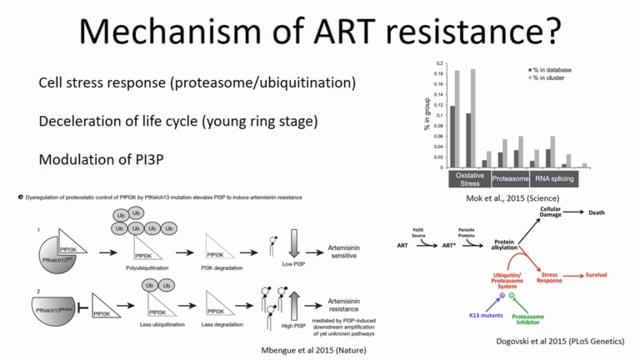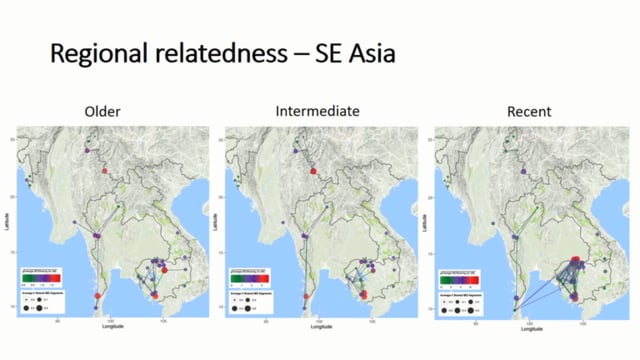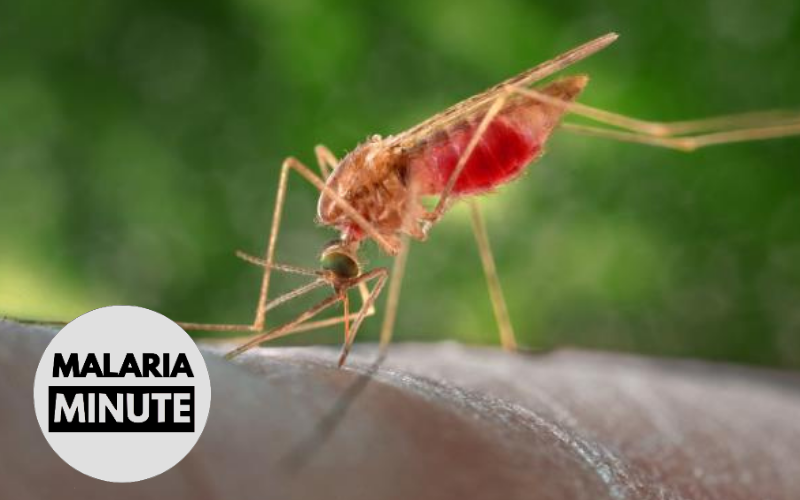Warning: Undefined array key "file" in /var/www/vhosts/gestortectic.com/mesa.gestortectic.com/wp-content/plugins/fulltext-search/includes/wpfts_querylog.php on line 520
Warning: Undefined array key "file" in /var/www/vhosts/gestortectic.com/mesa.gestortectic.com/wp-content/plugins/fulltext-search/includes/wpfts_querylog.php on line 520
Warning: Undefined array key "file" in /var/www/vhosts/gestortectic.com/mesa.gestortectic.com/wp-content/plugins/fulltext-search/includes/wpfts_querylog.php on line 520
Warning: Undefined array key "file" in /var/www/vhosts/gestortectic.com/mesa.gestortectic.com/wp-content/plugins/fulltext-search/includes/wpfts_querylog.php on line 520
Warning: Undefined array key "file" in /var/www/vhosts/gestortectic.com/mesa.gestortectic.com/wp-content/plugins/fulltext-search/includes/wpfts_querylog.php on line 520
Warning: Undefined array key "file" in /var/www/vhosts/gestortectic.com/mesa.gestortectic.com/wp-content/plugins/fulltext-search/includes/wpfts_querylog.php on line 520
Warning: Undefined array key "file" in /var/www/vhosts/gestortectic.com/mesa.gestortectic.com/wp-content/plugins/fulltext-search/includes/wpfts_querylog.php on line 520
Warning: Undefined array key "file" in /var/www/vhosts/gestortectic.com/mesa.gestortectic.com/wp-content/plugins/fulltext-search/includes/wpfts_querylog.php on line 520
Warning: Undefined array key "file" in /var/www/vhosts/gestortectic.com/mesa.gestortectic.com/wp-content/plugins/fulltext-search/includes/wpfts_querylog.php on line 520
Warning: Undefined array key "file" in /var/www/vhosts/gestortectic.com/mesa.gestortectic.com/wp-content/plugins/fulltext-search/includes/wpfts_querylog.php on line 520
Warning: Undefined array key "file" in /var/www/vhosts/gestortectic.com/mesa.gestortectic.com/wp-content/plugins/fulltext-search/includes/wpfts_querylog.php on line 520
Warning: Undefined array key "file" in /var/www/vhosts/gestortectic.com/mesa.gestortectic.com/wp-content/plugins/fulltext-search/includes/wpfts_querylog.php on line 520
Warning: Undefined array key "file" in /var/www/vhosts/gestortectic.com/mesa.gestortectic.com/wp-content/plugins/fulltext-search/includes/wpfts_querylog.php on line 520
Warning: Undefined array key "file" in /var/www/vhosts/gestortectic.com/mesa.gestortectic.com/wp-content/plugins/fulltext-search/includes/wpfts_querylog.php on line 520
Warning: Undefined array key "file" in /var/www/vhosts/gestortectic.com/mesa.gestortectic.com/wp-content/plugins/fulltext-search/includes/wpfts_querylog.php on line 520
Warning: Undefined array key "file" in /var/www/vhosts/gestortectic.com/mesa.gestortectic.com/wp-content/plugins/fulltext-search/includes/wpfts_querylog.php on line 520
Warning: Undefined array key "file" in /var/www/vhosts/gestortectic.com/mesa.gestortectic.com/wp-content/plugins/fulltext-search/includes/wpfts_querylog.php on line 520
Warning: Undefined array key "file" in /var/www/vhosts/gestortectic.com/mesa.gestortectic.com/wp-content/plugins/fulltext-search/includes/wpfts_querylog.php on line 520
Warning: Undefined array key "file" in /var/www/vhosts/gestortectic.com/mesa.gestortectic.com/wp-content/plugins/fulltext-search/includes/wpfts_querylog.php on line 520
Warning: Undefined array key "file" in /var/www/vhosts/gestortectic.com/mesa.gestortectic.com/wp-content/plugins/fulltext-search/includes/wpfts_querylog.php on line 520
Last Updated: 30/08/2024
A non-human primate platform to assess novel Plasmodium falciparum interventions
Objectives
The objective of this research is to create the first preclinical animal model that replicates the complete life cycle of Plasmodium falciparum to advance the development of new malaria interventions, such as drugs, vaccines, and monoclonal antibodies, and to provide a new platform for studying the biology of malaria transmission
The disease malaria is caused by infection with a parasite belonging to the Plasmodium family. Several species of Plasmodium parasites infect humans to cause disease, with Plasmodium falciparum responsible for the majority of the >400 million cases and >600,000 deaths from malaria each year. Vaccine development for any malaria species has been difficult due to the complexity of the parasite (as compared to viral or bacterial pathogens). This includes the complex life cycle, which begins when a mosquito injects the parasite into the skin, and the parasite then migrates to the liver and finally out into the blood where it causes all disease and death. At this stage, a new mosquito can take a blood meal and with it the parasites that will complete the life cycle and allow onward transmission. In addition, there is a lack of robust animal models that can replicate this full life cycle and reliably predict the clinical success of new vaccines or interventions. This is because the human malaria parasites do not infect rodents or common laboratory monkeys, and the parasite species that do infect these laboratory animals are often very distant relatives of Plasmodium falciparum. These hurdles are being overcome by developing better models of malaria infection and immunity in Aotus owl monkeys, which can be infected with the human malaria parasites Plasmodium falciparum and Plasmodium vivax. However, the parasite strains used in these animals only partially complete the full mosquito-to-mammal-mosquito life cycle, and it is our goal to recapitulate this entire life cycle in order to be able to test novel interventions against the natural parasite infection process. Typically, this has involved taking a single parasite strain or variant and slowly adapting it to a new monkey species. This results in a high rate of failure over long and complicated experiments. It was recently shown that co-infecting discrete parasite strains together in a single animal, as often happens in nature, can accelerate this process. This natural selection of the most fit parasites allows the identification of parasites naturally suited to infection in our monkeys. It also provides the opportunity for the parasites to mate and create hybrid offspring that may contain new genetic variants more apt to complete the life cycle in a non-natural host. However, this has only been performed for the less common malaria species Plasmodium vivax. Replicating this early success for P. falciparum carries a number of risks due to a more difficult life cycle and greater history of failure in this parasite-monkey combination. Here, this project will attempt to mitigate this risk of failure by using the novel multi-strain approach and by using a combination of new and promising P. falciparum strains from a variety of sources. Each parasite has been selected on one or more criteria, which makes them suitable for our model. In this manner, the hope is to create the first preclinical animal model for the complete P. falciparum life cycle. This will greatly advance the ability to develop new malaria interventions (e.g., drugs, vaccines, and monoclonal antibodies) as well as open a completely new avenue for studying the biology of malaria transmission.
Apr 2023
Log Number: PR221005


